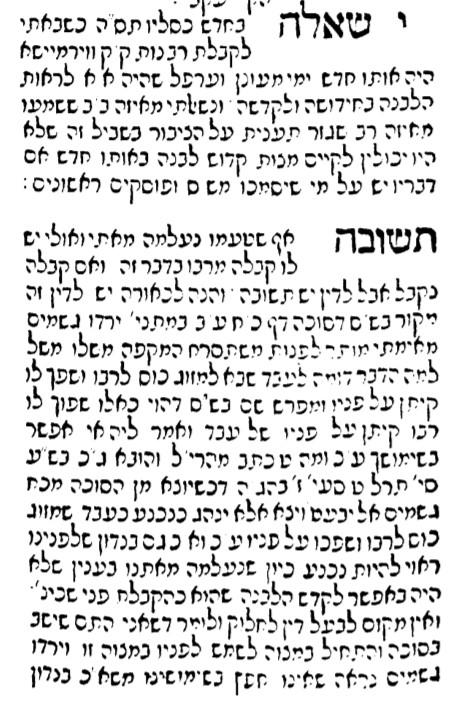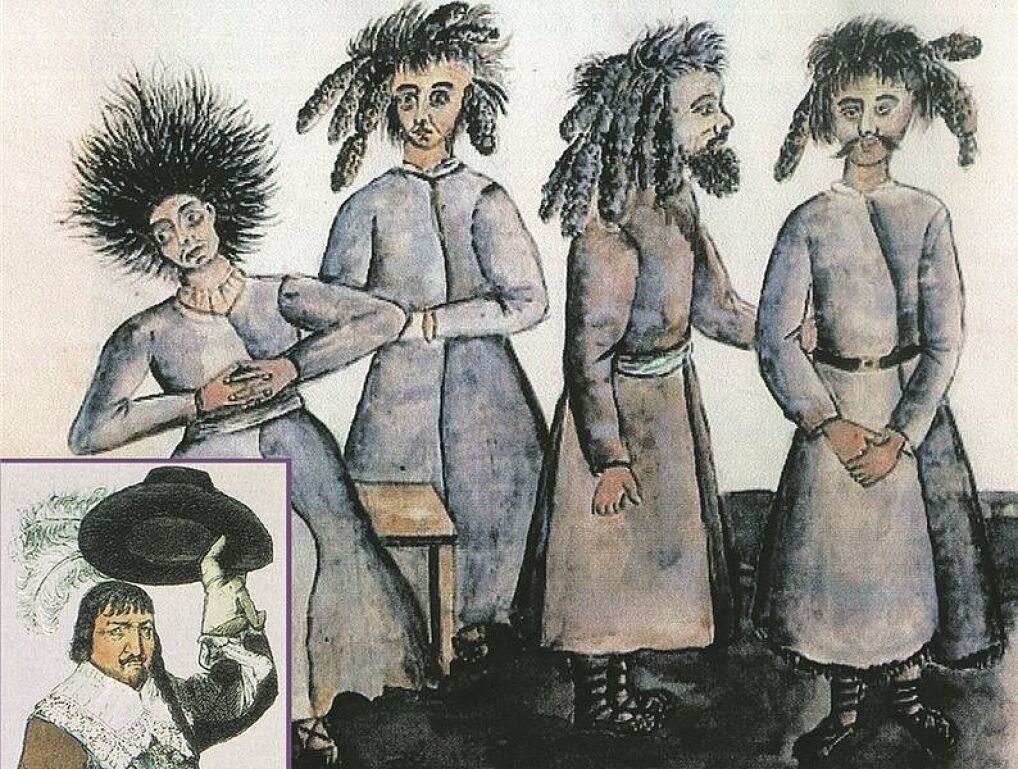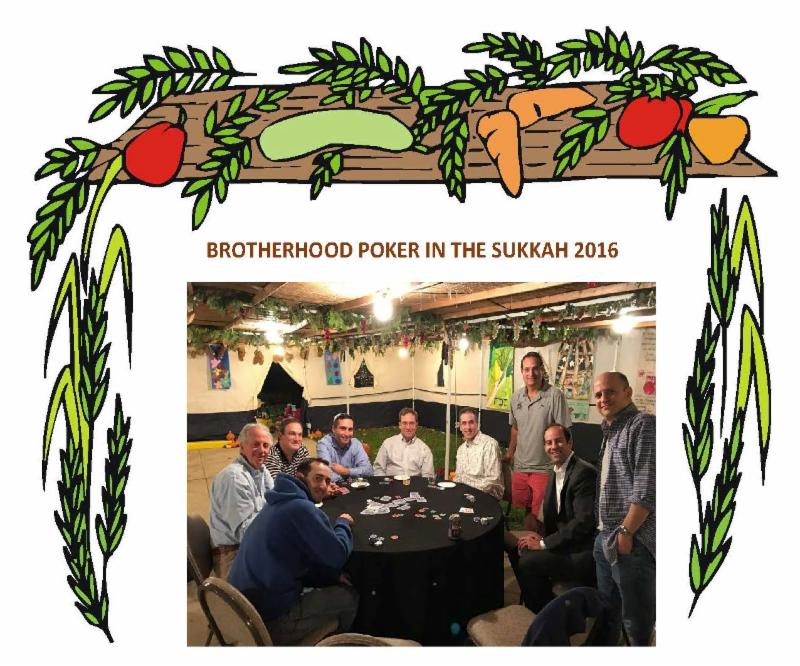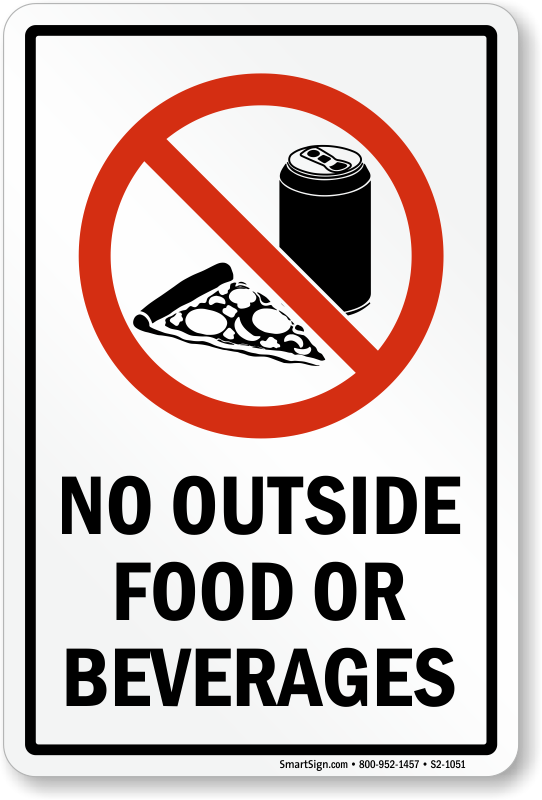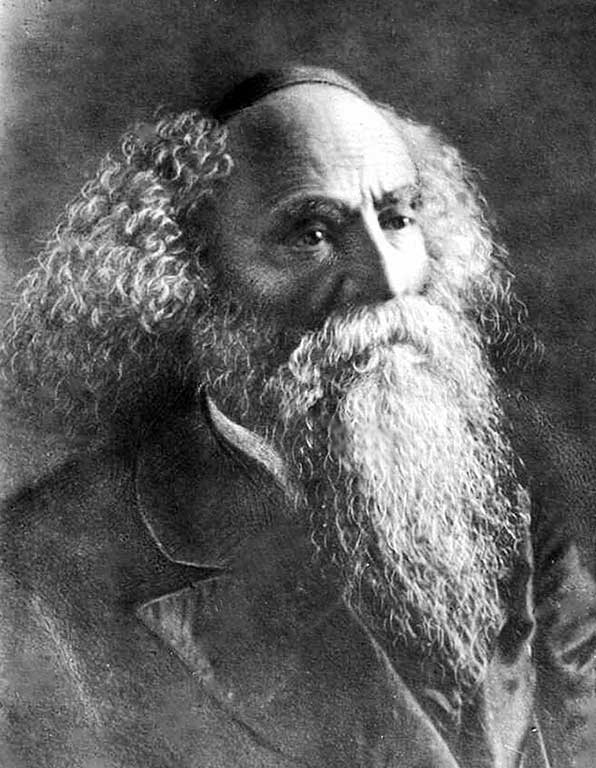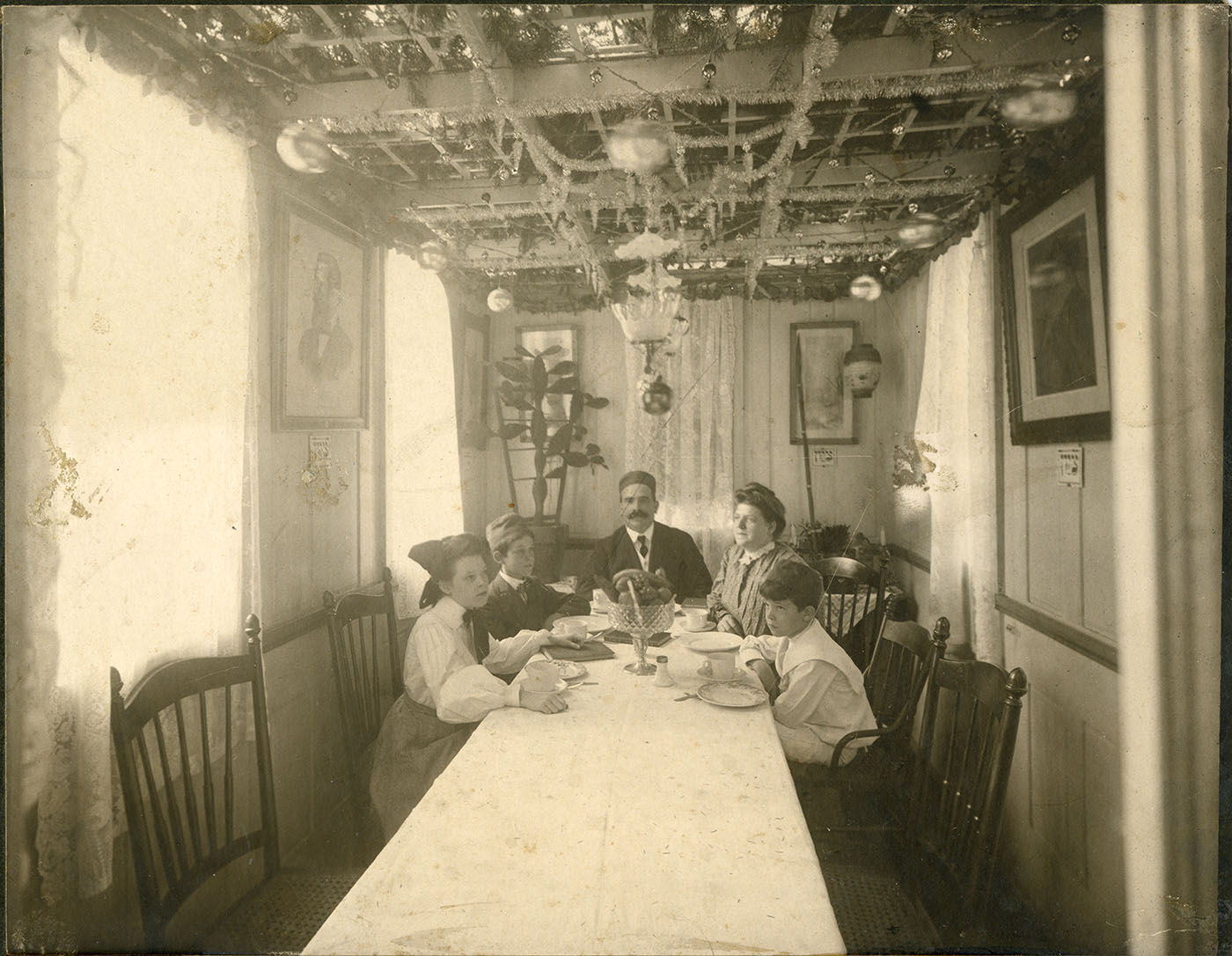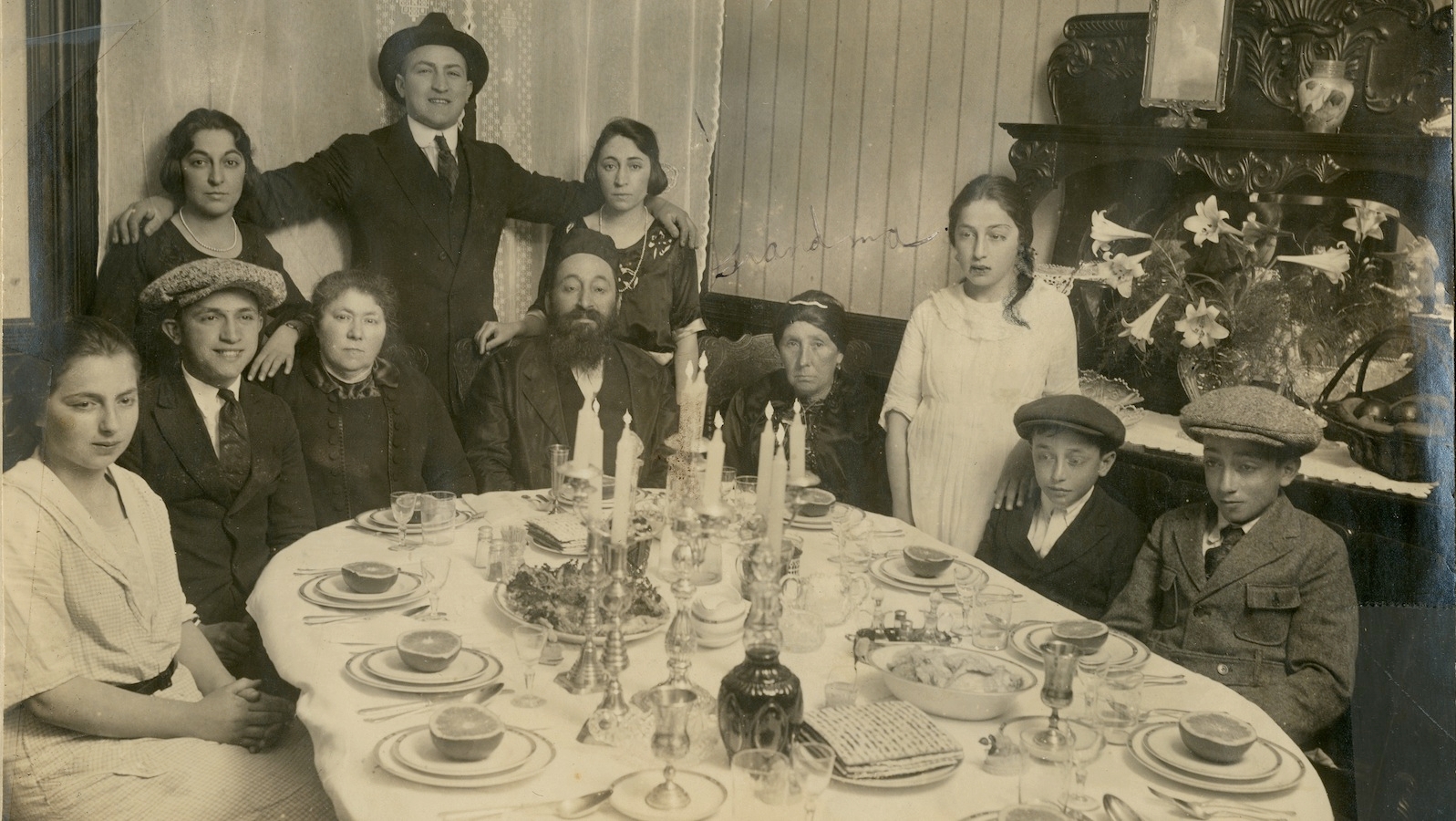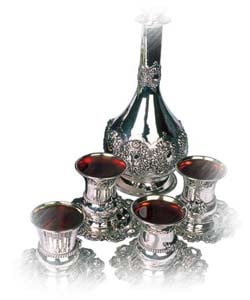BSD
Sukkah 29 b.(2)
Kislev 19, 5782. November 23, 2021
1 – We began the third Perek in Sukkah where the Halachos of the Daled Minim are detailed.

2 – The Chinuch explains that the reason for this Mitzvah is to connect the joy of the season with a Mitzvah. Sukkos is a happy time when the fruits of the year are harvested and we celebrate a successful season. . To channel this joy into קדושה we were commanded to take samples of produce and vegetation (Lulav, Esrog, Hadasim and Aravos) and use them for a Mitzvah.

3 – He also adds another reason being that these four Minim symbolize vital parts of the body. Esrog – heart. Lulav – spine. Hadasim – eyes. Aravos – lips.
ועוד יש בארבעה מינין אלו ענין אחר, שהם דומים לאברים שבאדם היקרים (עי’ מדרש רבה ויקרא פ’ ל’ ומדרש תנחומא אמור אות יט). שהאתרוג דומה ללב, שהוא משכן השכל, לרמז שיעבד בוראו בשכלו, והלולב דומה לשדרה שהיא העקר שבאדם לרמז שיישיר כל גופו. לעבודתו ברוך הוא, וההדס דומה לעינים, לרמוז שלא יתור אחר עיניו ביום שמחת לבו, והערבה דומה לשפתים, שבהן יגמר האדם כל מעשהו בדבור, לרמז שישים רסן בפיו ויכון דבריו ויירא מהשם יתברך אף בעת השמחה.
4 – Lulav Hagozul. We mentioned that this Perk is ‘loaded’ with למדות, and if it were to be learned in the Yeshivah cycle they would barely manage to cover the first 2 דפים…….
5 – The Gemara says that on ‘Yom Tov Sheni’ the laws of Lulav change. Whereas on day one, one needs his own Lulav, לכם, on ‘Yom Tov Sheni’ we do not require לכם, and perhaps one would be יוצא even with a stolen Lulav.

We discussed that ‘Yom Tov Sheni’ can mean two things.
A- Literally the second day of Sukkos (and also the rest of Chol HaMoed). That would imply that the second day of Yom Tov, since we only observe it because of the old Minhag (when people were unsure when Yom Tov actually occurred) it is not like the first day.

B- ‘Yom Tov Sheni’ means only Chol Hamoed, i.e. day 3 and on. It does not mean the second day of Yom Tov. Meaning that on the second day we must be as stringent as the first day, despite us knowing nowadays that it is not Yom Tov.

6 – We mentioned the story with Eli Weisel when he erroneously said that when we take out 3 ספרי תורה, we prepare three ‘cholents’ instead of 3 kugels……

7- Our Gemara says that a Korbon must be owned by its donor. It cannot be stolen, as the פסוק says: אדם כי יקריב מכם קרבן.

Cow Abduction
Spoke about Reb Yehuda Eber (BK. 54) the famous מגיד שיעור in Tomchei Temimim of Warsaw/Otwock.
In his ספר – שערי יהודה he has an interesting query as to the definition of הפקר.
Option 1- Does it mean that it has no owners at all.
Option 2- Perhaps הפקר means that it belongs to everyone. But not ‘belonging to all’ in a sense of partnership, with everyone having a certain percentage. Rather it means that everyone has the right to come and claim it, and whoever comes first and makes a קנין, becomes the owner to the exclusion of others.
Just like לקט שכחה ופאה that only the poor can claim it. One cannot say it belongs to all, for if so, even the wealthy would be able to take it. The legal status of לקט שכחה ופאה means that it ‘belongs’ to the poor to the extent that it grants any poor person the right to claim it, and once claimed, it excludes all others.
Similarly, הפקר means a state that it belongs to all (not as partners, but) to the extent that anyone has the right to claim it and own it. Once claimed, the rest of the world loses its claim.

Abandoned property, come and get it!
What is the practical difference? Says Reb Yidel (as his Polish students would call him): if there was only one person alive in the entire world. Any object that is הפקר, if we assume that הפקר belongs to no one, as option 1 above, then he would need to make a קנין to gain ownership.
However, if הפקר means it belong to all as above, and a קנין is needed to exclude everyone else, then since he is the only human alive, there are no others to exclude, thus no קנין would be required. By default all belongs to him.
8- He then quotes a Rashi in ויקרא in regards to אדם הראשון, that הכל היה שלו. Everything in the world belonged to אדם הראשון.

Now how is that possible? Surely he didn’t travel the entire world making a קנין on everything.
If we assume the second option, it makes sense. Since הפקר, (which at creation included everything), potentially belongs to all until one person makes a קנין, then אדם הראשון, being alone in the world had no one to exclude, so by default he acquired everything!
A Freilichen Chanukka!






